Multiple Minority Stress and Chemsex Misuse

In this episode, Gustavo shares his journey of navigating addiction while carrying multiple marginalized identities - Venezuelan, undocumented, neuro-spicy (neurodivergent), and gay. His story illuminates how multiple minority stress creates unique challenges that go far beyond what any single stressor might cause.
Multiple minority stress isn't simple math where "brown + gay = double stress." Instead, it's about how these different identities interlock and compound each other, creating a complex web of challenges that can feel overwhelming and isolating.
Listen to the episode HERE
Watch the episode HERE
The Foundation: Early Trauma and Belonging
Gustavo's early experiences reveal a pattern many of us know too well - the constant search for belonging. From childhood bullying about his appearance to feeling "automatically wrong" in social situations, these early wounds created a foundation of isolation and self-doubt.
The immigration stress added another layer. Watching peers get driver's permits, apply to colleges, and move forward with their lives while he faced an uncertain future created what he calls a "failed mindset" - a deep belief that success was impossible.
The Predator Pattern
One of the most important aspects of Gustavo's story is how predatory older men exploited his vulnerabilities. At 22, he was introduced to meth by a 38-year-old man who recognized his need for connection and belonging. This pattern - older men with resources targeting younger, vulnerable individuals - is tragically common in our community.
The relationship wasn't just about drugs; it was about filling deep emotional needs through unhealthy means. Gustavo sought friendship, intimacy, and someone to look up to. The predator provided these things, but at a devastating cost.
Sexual Trauma and Numbing
Beginning at age 15, Gustavo experienced what he now recognizes as sexual exploitation. His first relationship involved being "slutted out" by an 18-year-old boyfriend who took him to hookups and sometimes prostituted him. This early trauma created a complex relationship with sexuality that lasted years.
The trauma manifested as intense terror after orgasm - a fight-or-flight response that made intimacy feel dangerous. Meth temporarily numbed these feelings, allowing him to engage sexually without confronting the underlying trauma.
The Gifts Hidden in the Struggle
Perhaps most powerfully, Gustavo reframes his addiction experience as ultimately gifting him with crucial survival skills. The multiple minority stresses he navigated developed what he calls "strong sea legs" - abilities that helped him stay afloat when others might sink completely.
These skills include:
- Hyperawareness and self-awareness
- Emotional intelligence "on steroids"
- Self-soothing in hostile environments
- Honest self-evaluation
- The ability to check in with himself even while high
Recovery Through Feeling Everything
Gustavo's recovery philosophy centers on embracing the full spectrum of human emotion. He believes many people use meth to avoid feeling pain, sadness, rejection, and rage. But healing requires sitting with these uncomfortable feelings and learning to accept the discomfort.
His insight is profound: "To the degree that I feel the negative is the degree that I'll feel all of my success, all of my pleasure, joy, affirmation, success, elation." The depth of our pain can become the measure of our capacity for joy.
Creating Safe Spaces
Through his experience with groups like the ManKind Project, Gustavo learned that traditional support spaces often fall short for people with multiple marginalized identities. His vision for harm reduction circles specifically for "party boys" recognizes the need for spaces where people can be honest about their relationship with substances without judgment.
Moving Forward
Gustavo's story reminds us that recovery isn't just about stopping substance use - it's about building a life where our authentic selves can thrive. For those carrying multiple marginalized identities, this work requires extra courage and often means creating the support systems we wish had existed all along.
Remember that your struggles have made you stronger in ways you might not even recognize yet. The very challenges that led you to substances may have also gifted you with insights, empathy, and resilience that can serve not only your own healing but also help others on their journey.
Your story matters. Your voice is needed. And the full spectrum of your experience - including the painful parts - is valuable and worthy of healing.
Love, Dallas
Reflective Questions
Take time to sit with these questions. There are no right or wrong answers - only your truth.
-
What identities do you carry that might create minority stress in your life? Consider not just the obvious ones (race, sexuality, gender) but also less visible ones (neurodivergence, immigration status, family background).
-
When you think about your earliest memories of feeling "different" or "wrong," what comes up? How might these early experiences have shaped your relationship with yourself and others?
-
In what ways have you sought belonging or connection that might not have been healthy for you? What needs were you trying to meet through these connections?
-
How do you typically handle uncomfortable emotions like pain, sadness, or rage? Do you tend to avoid them, numb them, or sit with them?
-
Looking at your own struggles, what "sea legs" or survival skills might you have developed? How could these strengths serve you in recovery or personal growth?
Journal Prompts
Set aside dedicated time to write freely about these prompts. Let your thoughts flow without censoring.
-
Write a letter to your younger self at a moment when you felt most alone or different. What would you want that younger version of you to know? What comfort or wisdom would you offer?
-
Describe a time when someone took advantage of your vulnerabilities. How did they identify what you needed? What red flags can you now recognize that you missed then?
-
Explore your relationship with your own sexuality and intimacy. How has trauma (if any) affected your ability to connect with others? What would healthy intimacy look like for you?
-
Think about a difficult emotion you often try to avoid. Write about what it feels like in your body. What is this emotion trying to tell you? What would happen if you sat with it instead of pushing it away?
-
Imagine creating the perfect support group or safe space for yourself. What would it look like? Who would be there? What rules or agreements would make you feel safe to be completely honest?
Action Exercises
These exercises are designed to help you integrate the insights from this episode into your daily life.
Exercise 1: Minority Stress Mapping
Create a visual map of your various identities and how they intersect. Draw circles for each identity you carry, then draw lines showing how they connect and potentially create stress. Notice which intersections feel most challenging. This isn't about judgment - it's about awareness.
Exercise 2: Emotional Check-ins
For one week, set three daily alarms on your phone. When they go off, pause and ask yourself: "How am I feeling right now?" Write down the emotion without trying to change it. Notice patterns in when and why certain emotions arise.
Exercise 3: Boundaries Practice
Identify one relationship or situation where you tend to compromise your well-being to meet someone else's needs. Practice saying "no" to one small request this week. Notice what comes up - guilt, fear, relief? This is data about your boundary patterns.
Exercise 4: Strengths Inventory
Make a list of all the challenges you've survived. For each challenge, write down at least one strength or skill you developed because of it. This isn't about minimizing trauma - it's about recognizing your resilience and resourcefulness.
Exercise 5: Safe Space Creation
Reach out to one person you trust and have an honest conversation about something you've been keeping to yourself. This could be about substance use, identity struggles, or any area where you feel isolated. Notice what it feels like to be truly seen and heard.
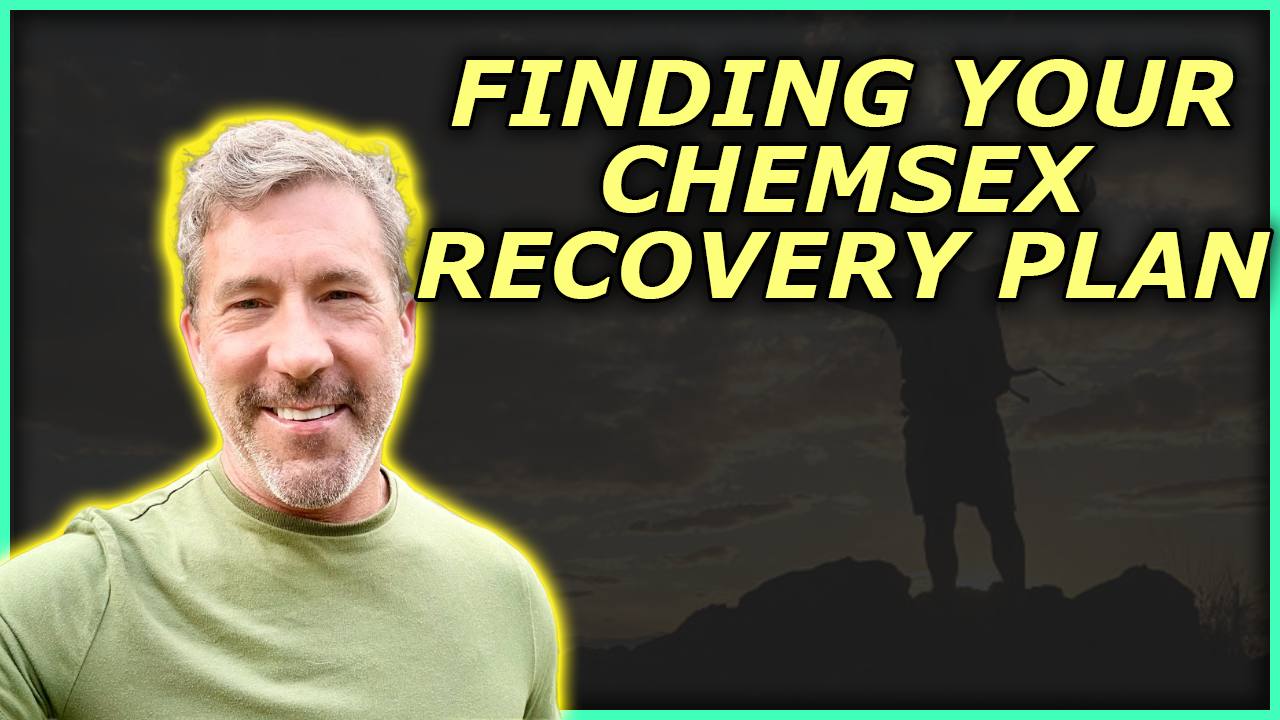
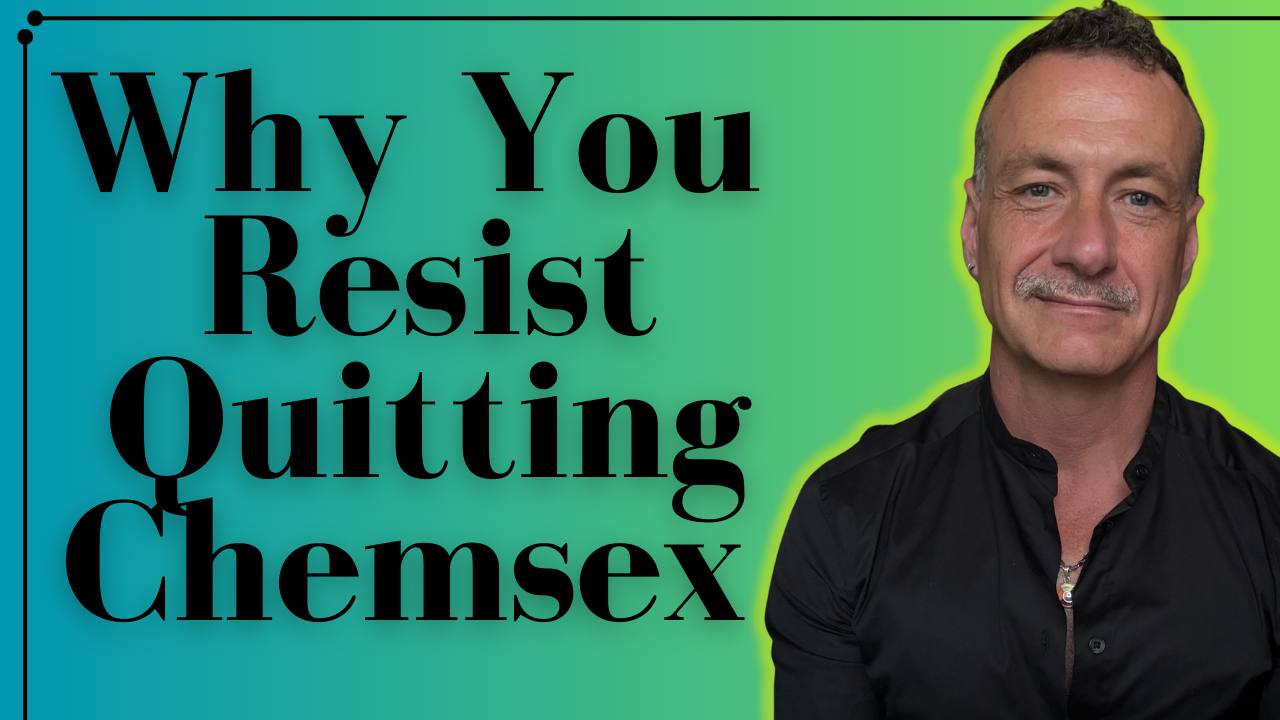
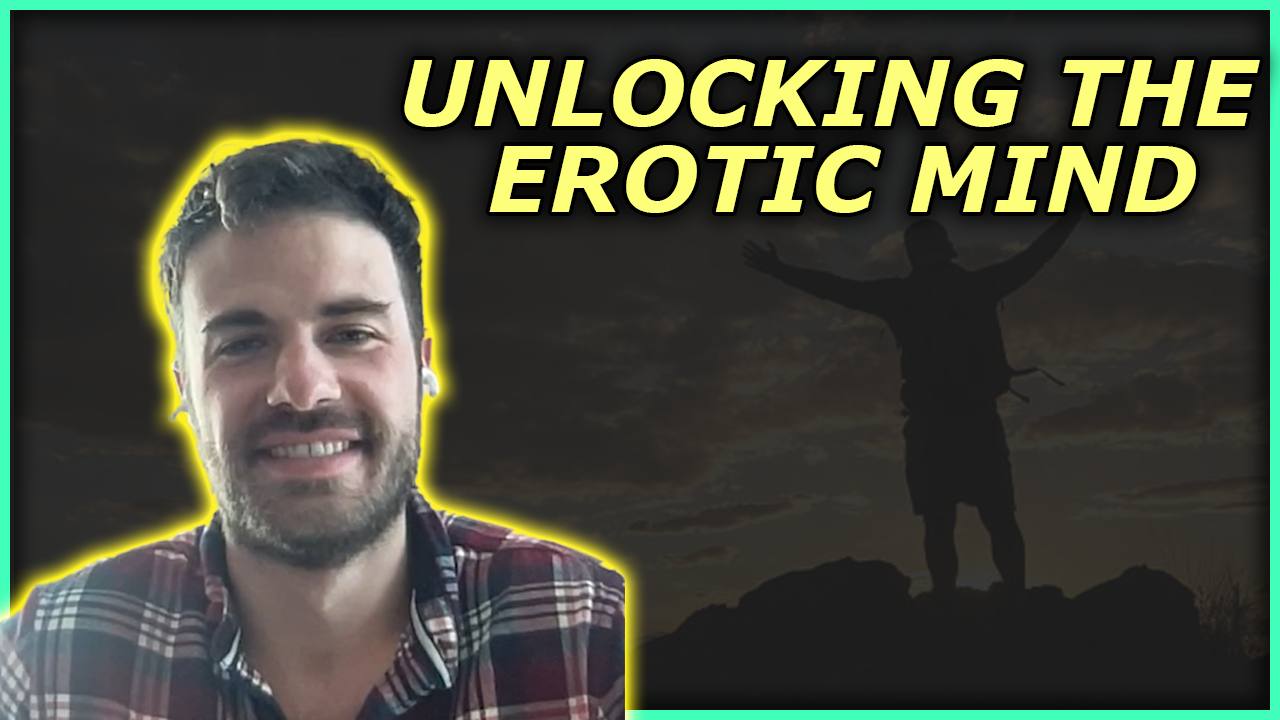
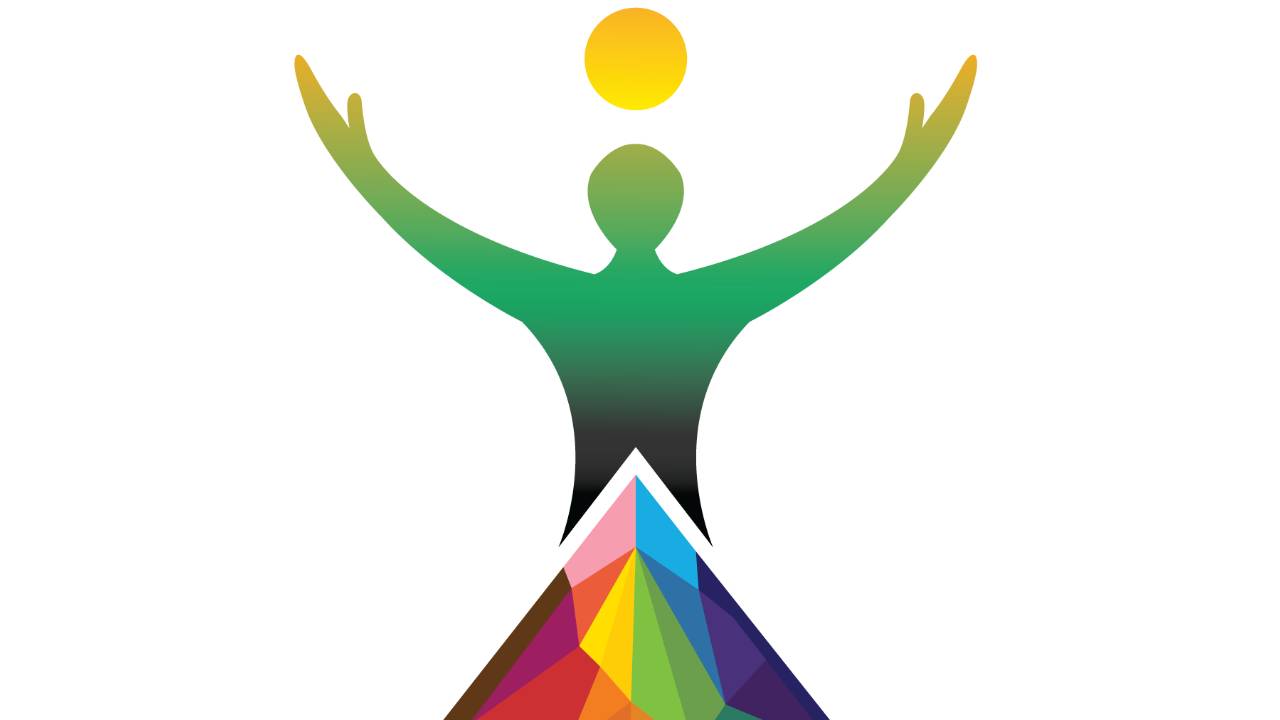
Responses